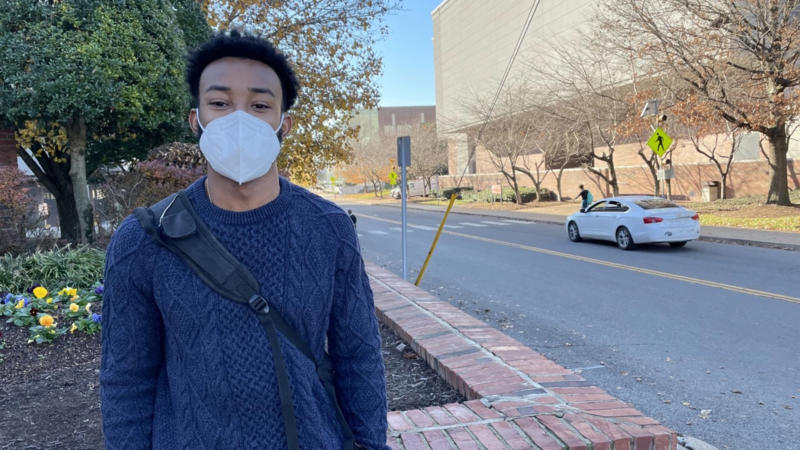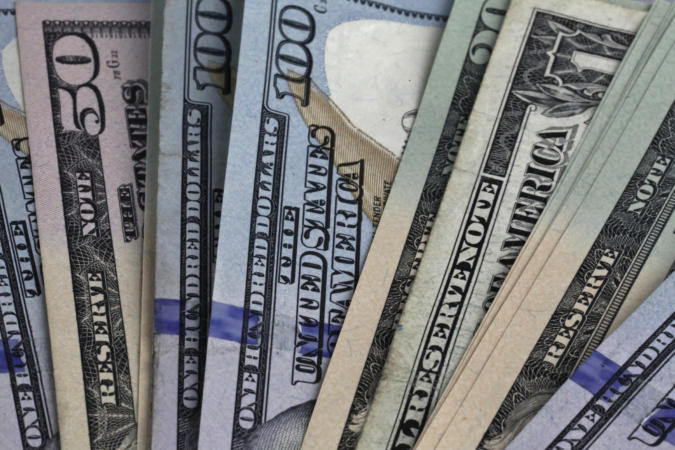Showing 3 results for:
CARES Act
Popular topics
All results

Meharry Medical College is ensuring the future of its Black doctors, dentists, and more is secure. In 2021, graduate students were reportedly surprised with $10,000 cash. The grand gesture — made by Meharry’s administration — allocated $10 million in COVID-19 relief funding from the CARES Act to surprise 956 students. “We’ll gift each of you $10,000 in cash,” Dr. James Hildreth, the school’s president, said in a video message, according to Kaiser Health News. “You heard me right.” The financial relief proves to be timely for Meharry’s students, who played a pivotal role in providing aid at COVID-19 testing and vaccination sites. The students have operated as a vehicle of change, and the Historically Black College and University (HBCU) is hopeful the generous contributions will be helpful to advance the future careers of the cohort. “We felt that there was no better way to begin distributing these funds than by giving to our students who will soon give so much to our world,” Hildreth...

The $600 unemployment bonus initiated during the COVID-19 pandemic has been contentious. While some argue it discouraged workers from returning to their jobs, others say the $600 was necessary and that those who are now without it are feeling a severe financial pinch. How much help did the bonus really provide, and what should those who were counting on the funds do now? Remember, the news is constantly evolving as states are independently assessing the value of additional bonuses. If you are dependent on these funds, it would be wise to stay up to date on developments in states’ policies, as some jurisdictions are providing an extra $300 to $400 of weekly unemployment benefits. Here’s everything you need to know about the success of the program and how to find more money for daily expenses if you’re out of work. What was the goal of the bonus? To help with the economic fallout of the COVID-19 pandemic, the Coronavirus Aid, Relief and Economic Security Act, also known as the CARES...

The CARES Act stimulus checks may offer some relief to taxpayers amid the coronavirus outbreak, but distribution may pose a problem for the millions who don’t use direct deposit to receive their tax refunds. In 2019, 19.8 million taxpayers waited longer for their tax refunds to arrive via paper check. Today, these same taxpayers will have to wait longer again — potentially up to an additional three months — for their stimulus checks. MagnifyMoney looked at the 100 largest metro areas in the U.S. to determine where taxpayers used direct deposit the most (and least) to receive their 2018 tax refund. Cities with the highest percentages of check-receiving taxpayers are where people will likely wait longer for financial relief to arrive. In this review, we’ll cover: Key findings Where taxpayers may have to wait longer for their stimulus checks What to do if you didn’t use direct deposit File your 2019 tax return as soon as possible Provide your banking information to the IRS online Open...